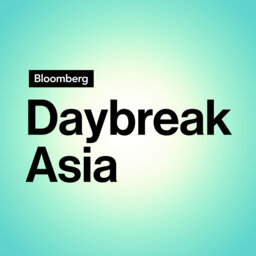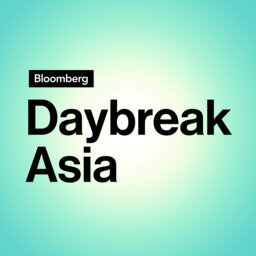China's Factory Activity Read, Previewing US Eco Data
Featuring:
Shehzad Qazi, Chief Operating Officer & Managing Director at China Beige Book
Bill Adams, Chief Economist at Comerica Bank, with a preview of US manufacturing PMI and ISM data
Meredith Whitney, Founder and CEO at Meredith Whitney Advisory Group
In 1 playlist(s)
Bloomberg Daybreak: Asia Edition
Join Bloomberg Daybreak Asia for business and finance news centered in the Asia-Pacific region, alon…Social links
Follow podcast
Recent clips

Precious Metals in Focus, Hang Lung Properties Earnings
18:47

Apple Record Earnings, Traders Weigh Big Tech, Fed Chair Pick Countdown
17:43

Traders Assess Tech Earnings, Fed Outlook
21:06
 Bloomberg Daybreak: Asia Edition
Bloomberg Daybreak: Asia Edition